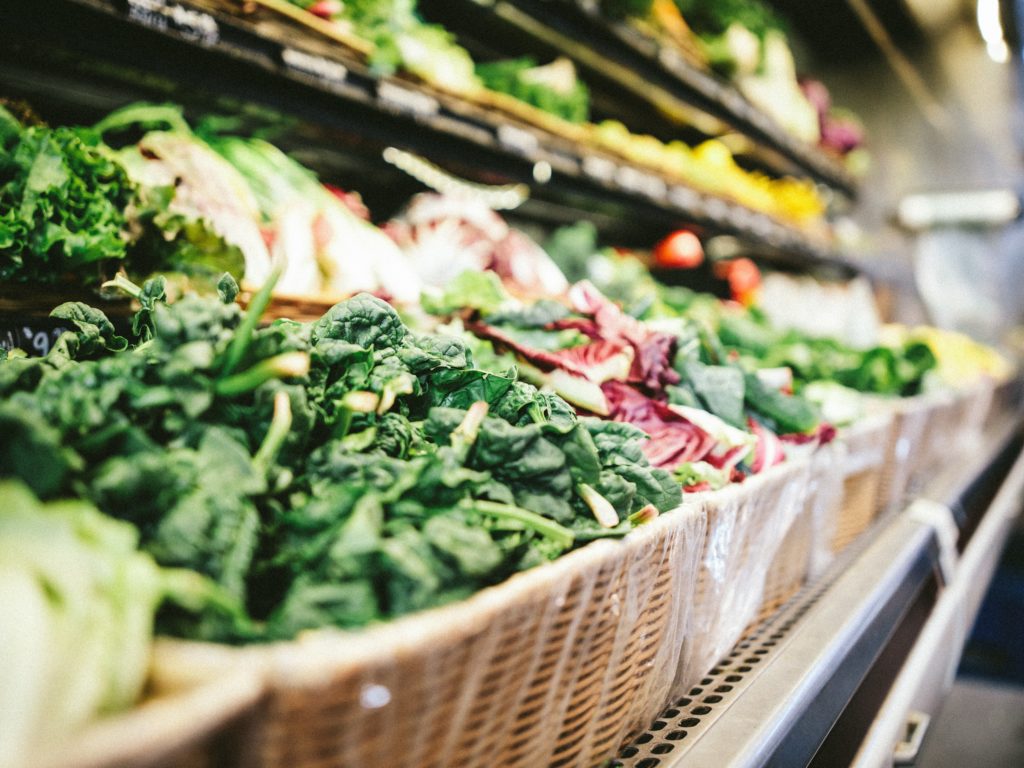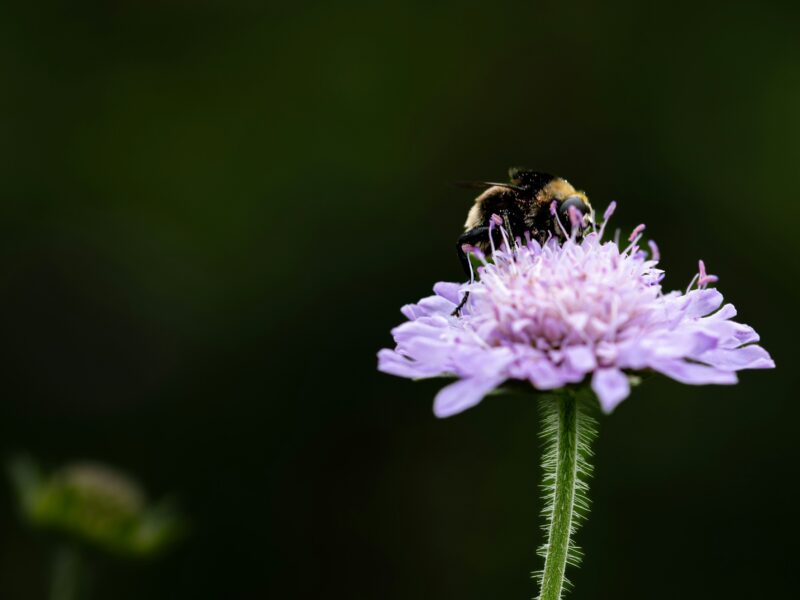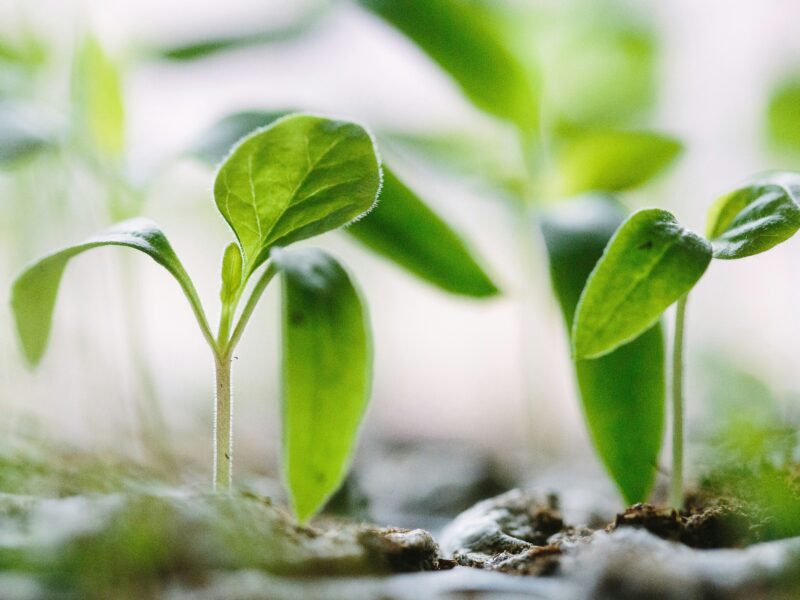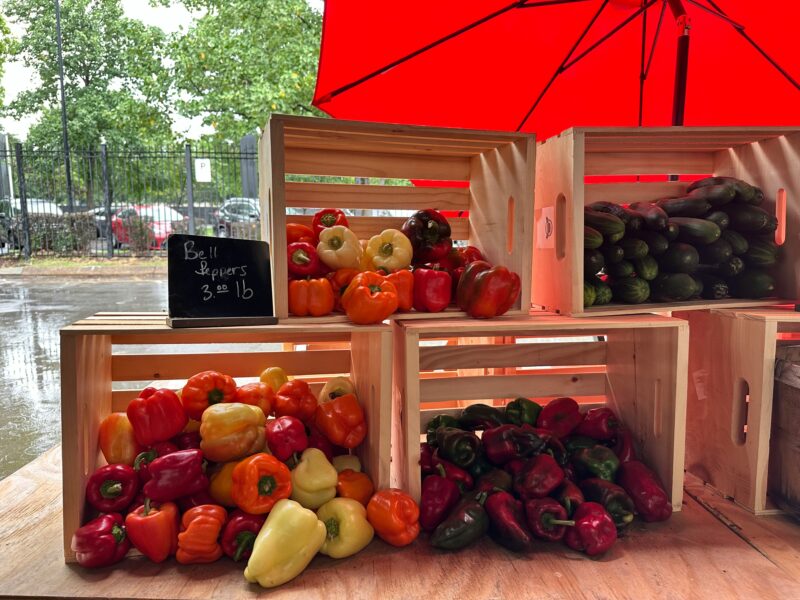Organic sales have risen 31%, and the number of organic farms has increased 17% between 2008 and 2019, according to the U.S. Department of Agriculture.
And organic fresh fruits and vegetables dominate the sector in U.S. production, international trade and consumer purchases. The number of organic farms and processing facilities certified to the National Organic Program (NOP) rules continues to grow in the United States and the world, according to the U.S. Department of Agriculture. In 2020, there were 28,454 organic operations in the U.S. NOP-certified, a growth of less than 0.69% over the 27,494 certified organic operations in 2019.
A new guide sheds light on organic crop insurance options. Crop insurance is an important risk management tool for many farmers, and organic operations come with their own unique set of risks to consider. While crop insurance options for organic have expanded considerably in the past decade, a sizable percentage of organic crops still go uninsured, and beneficial options underused. People don’t always think about organic when it comes to the clothes we wear, the sheets and mattresses we sleep on, the personal care items we use, and the face masks we wear. But organic cotton is one of the most important choices we can make for the environment because it supports a healthy ecosystem and prevents the use of toxic synthetic chemicals. Soil degradation costs corn farmers a half-billion dollars every year. Global long-term farmland soil fertility is decreasing due to salinization, acidification, erosion and lack of crucial nutrients in the soil. To overcome the issue of lacking nutrients, U.S. corn farmers are applying fertilizers to their soil, but what impact are these synthetic inputs having on not only soil fertility but the whole environment?
USDA experts share organic growth, challenges, priorities
Organic sales have risen 31%, and the number of organic farms has increased 17% between 2008 and 2019, according to the U.S. Department of Agriculture.
And organic fresh fruits and vegetables dominate the sector in U.S. production, international trade and consumer purchases.
https://www.thepacker.com/news/organic/usda-experts-share-organic-growth-challenges-priorities
New research reveals measurable benefits of organic cotton production
People don’t always think about organic when it comes to the clothes we wear, the sheets and mattresses we sleep on, the personal care items we use, and the face masks we wear. But organic cotton is one of the most important choices we can make for the environment because it supports a healthy ecosystem and prevents the use of toxic synthetic chemicals.
https://www.organic-center.org/new-research-reveals-measurable-benefits-organic-cotton-production
Soil degradation costs corn farmers a half-billion dollars every year
Global long-term farmland soil fertility is decreasing due to salinization, acidification, erosion and lack of crucial nutrients in the soil. To overcome the issue of lacking nutrients, U.S. corn farmers are applying fertilizers to their soil, but what impact are these synthetic inputs having on not only soil fertility but the whole environment? This article looks into this question using research published in Earth’s Future by the University of Colorado Boulder.
https://regenfarming.news/articles/810-soil-degradation-costs-corn-farmers-a-half-billion-dollars-every-year
Number of organic farms continues to grow in the U.S. and worldwide
The number of organic farms and processing facilities certified to the National Organic Program (NOP) rules continues to grow in the United States and the world, according to the U.S. Department of Agriculture. In 2020, there were 28,454 organic operations in the U.S. NOP-certified, a growth of less than 0.69% over the 27,494 certified organic operations in 2019.
Number of organic farms continues to grow in the U.S. and worldwide
New guide sheds light on organic crop insurance options
Crop insurance is an important risk management tool for many farmers, and organic operations come with their own unique set of risks to consider. While crop insurance options for organic have expanded considerably in the past decade, a sizable percentage of organic crops still go uninsured, and beneficial options underused.









